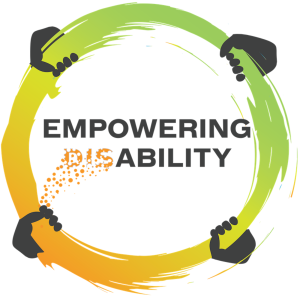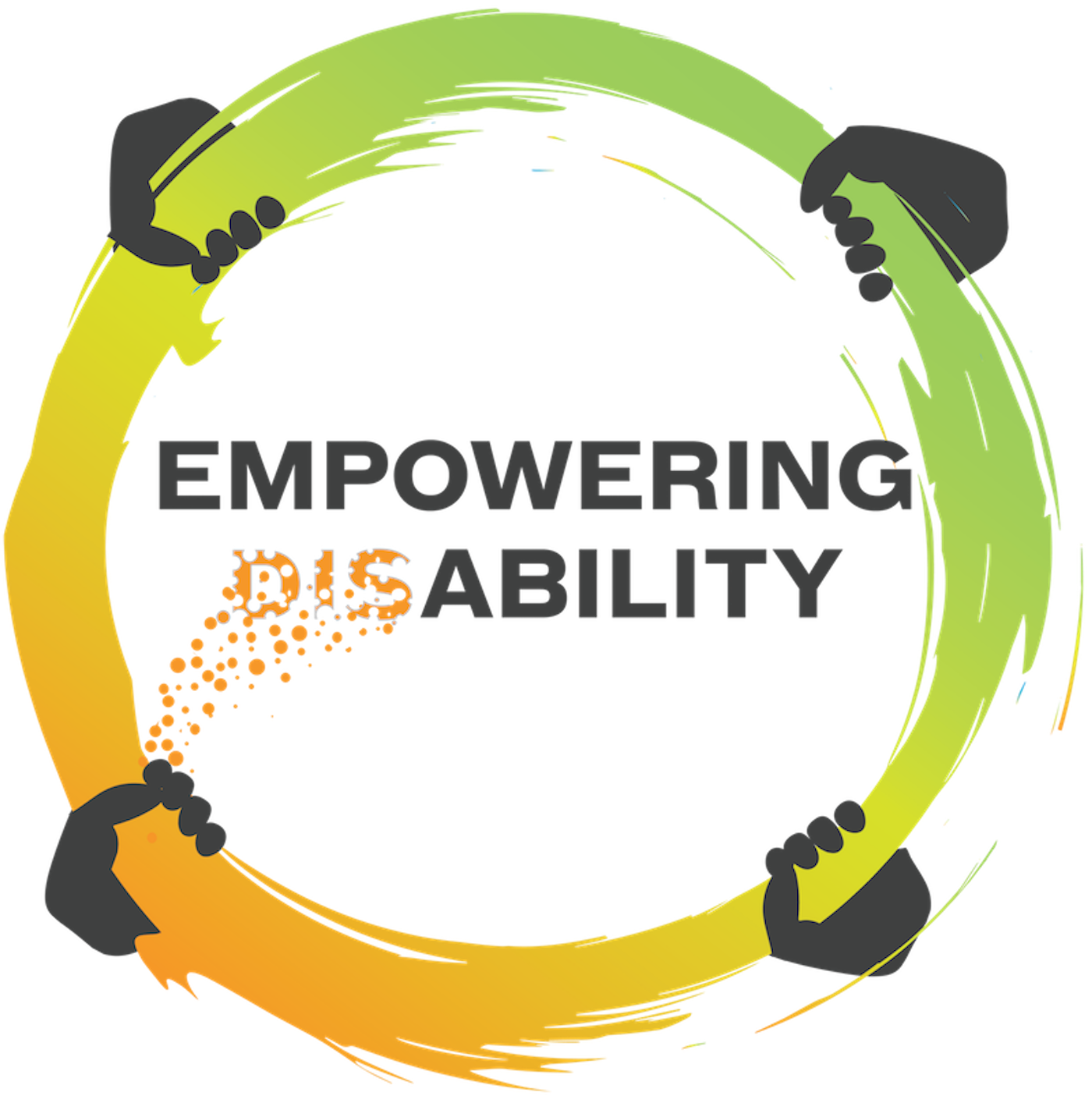Episodes

Wednesday May 23, 2018
Wednesday May 23, 2018
Guest Lynne Seagle shares how her organizaton was oppressing people with disabilities, and what they did about it.
This week’s guest is Lynne Seagle, CEO of Hope House Foundation, a not-for-profit organization started in 1964 by family members whom had sons and daughters with developmental disabilities in Virginia, USA. These families wanted something other than an institutional living for their loved ones, so they started the first group home in the state of Virginia. Hope house grew to run 13 group homes by the 1980’s, when they learned that the people living there actually didn’t want to live in group homes, and they did something about it. Today, Hope House supports 125 people that live in their own home, with a staff of about 260 people, half of those being part-time.
Lynne has been with Hope House for 38 years. She wants to create a better world for people with disabilities that are isolated or not valued, and she said, “there is no stopping point – it is a long journey”.
Finding Out People Didn’t want to Live in Group Homes
Paraphrasing from the podcast Lynne shares that, “…finding out people didn’t want to live in group homes started with a survey. The survey asked the question, ‘Does everyone like where they are living?’ Everyone said yes. It was odd to ask 120 some folks a personal question and get the same answer. We then re-worded the question to, ‘How do you want to live?’. And, the flood gates opened. People answered 1 of 3 ways, from most dominant to least; 1) I want a home of my own, 2) people wanted a job (most people were in day programs or workshops), 3) friendship and romance.
Lynne continues, “We [Hope House] had defined excellence as meeting all the rules – paperwork was clean, no employee grievances, well-kept homes, low staff turnover. We were looked at as the model in Virginia. BUT, when we gathered these themes [truths] we reviewed our program plans and not one program plan addressed these needs of people. This was a daunting realization for our organization.”
People Were Being Oppressed in Group Homes
Lynne Shares, “We started meeting people individually and we started realizing we didn’t know them. When you support someone in a group you only know them in the context of the group, not really an individual. It was quite astonishing to us. After we closed the first group home we started to study oppression (groups that have been oppressed); American Indians, women, people of color, the LGBT community. The book ‘Walking with the Wind’ by John Lewis was influential for us. We noticed all oppression looks the same, regardless of the group – keeping people poor, limitation of choice, very few freedoms.”
Hope House had discovered this truth that they were oppressing the very people they were there to serve, and they made a decision to no longer run group homes. The last of the 13 group homes closed 22 years ago, and everyone they support now has a home of their own.
Lynne shares, “[Hope House is] proud of this, but I’m surprised that this is still something to talk about as something new or something that should be considered in 2018.”
It was just the right thing to do.
At the time there were no examples on how to do this, and funding was set up in a group model. This was the hard road to choose. Lynne shares, what kept them moving forward is asking the question, “Why do people in disabilities need to live in groups when I don’t have to? We looked at the humanity of it, not the money, or the skill of the person.”
We are Responsible for the Oppression of People with Disabilities.
Paraphrasing from the podcast, Lynne shares, “What business looks exactly as it did in the 1970’s and has consistent oppression? When you look at social justice change in almost every case the people being led it were the people being suppressed. When you look at the nature of developmental disability, the people being oppressed need our support to lead a revolution, and we would be revolting against ourselves. We need to step up! Do we want neighborhoods that are being inclusive or not? There is a huge group that is being left out.”
Insight from Lynne: “We need to change, not people with disabilities that need to change.”
How Do We Bring People Out of Oppression?
Lynne shares, “What we did is gave everyone a home of their own. No one wanted a roommate, except for people that were romantically involved. This gave people a lot of control. We chronically underestimate people with disabilities. When given the opportunity a lot of people with disabilities flew. After that, a focus on employment. Economic power opens up more choice. Then we focused on connection and belonging. Not having a service life, but having your life.
Reconciling our Beliefs
Paraphrasing from the podcast Lynne Shares, “We had a prejudice or bigotry. When you value intellect and beauty …. people with disabilities don’t fit those values. When you lift that up you realize that you don’t believe that people with disabilities are your equal. We had to come to terms with that. That was internal work that everyone of us had to do. We believed the level of disability related to how much you could direct your life. We had to get rid of that stereotype. We support people that are non-verbal, that use a variety of devices [to live in their own home]. We now have a belief to the core that every single human being can direct their own life. When people are in their own homes they are looked at differently. The universe has its own way, without us controlling us. The natural rhythms of life start to happen then people have their own homes.”
Lynne shares the story of Willy and how he proved them wrong in his capability to direct his own life. Hope House went from providing $160,000/ year of support to $10,000 per year in support as Willy got his own place and started to flourish.
We are Oppressing People with Disabilities
Upon my reflections, we are oppressing people that are living in grouped settings, but people don’t have to be living in an institution or group home to be oppressed. People with disabilities are being oppressed by their families, their friends, their supporters and by society at large. Lynne shares with us the common signs of oppression; keeping people poor, limitation of choice, very few freedoms.
When I examine my own life, I’ve been guilty of keeping people oppressed. For example, I’ve played a part in keeping my sister (who has a disability) poor by not getting her access to her bank account and helping her learn her economic power, by limiting her choice or taking decision making power away from her, and by not acting to get her out of isolation at my parents home.
There are very simple steps I’m taking to empower my sister, like getting her a bank card and assisting her with online banking, by standing beside her to play a supportive role in making decisions, and creating and upholding a big bold vision for her to move out of my parents’ home and into a home of her own.
Once I became conscious to my beliefs, and how I was being oppressive to others I had to make a choice. I could choose to continue to suppress these truths and continue on with the status quo, or I could roll up my sleeves and do the hard work of examining my beliefs and change my beliefs to put people with disabilities on equal footing and to support them in breaking free of oppression. I chose the later, which will you choose?
Lynne leaves us with this message, “It is all of our responsibilities to work on ourselves around the issue of equality, regardless of disability, and to take action for those left on the sidelines."
Love & Respect,
Eric Goll
Resources:
Hope House Website: https://www.hope-house.org/
If you received value from this content please leave me a review on iTunes. By leaving a 5 star review on iTunes you make the Empowering Ability Podcast more discoverable, and more families will benefit. Click Here To Leave a Review on iTunes
The Empowering Ability Podcast is available on iTunes and various other apps so that you can listen while on the go from your smartphone!
Click Here To Listen on iTunes


No comments yet. Be the first to say something!